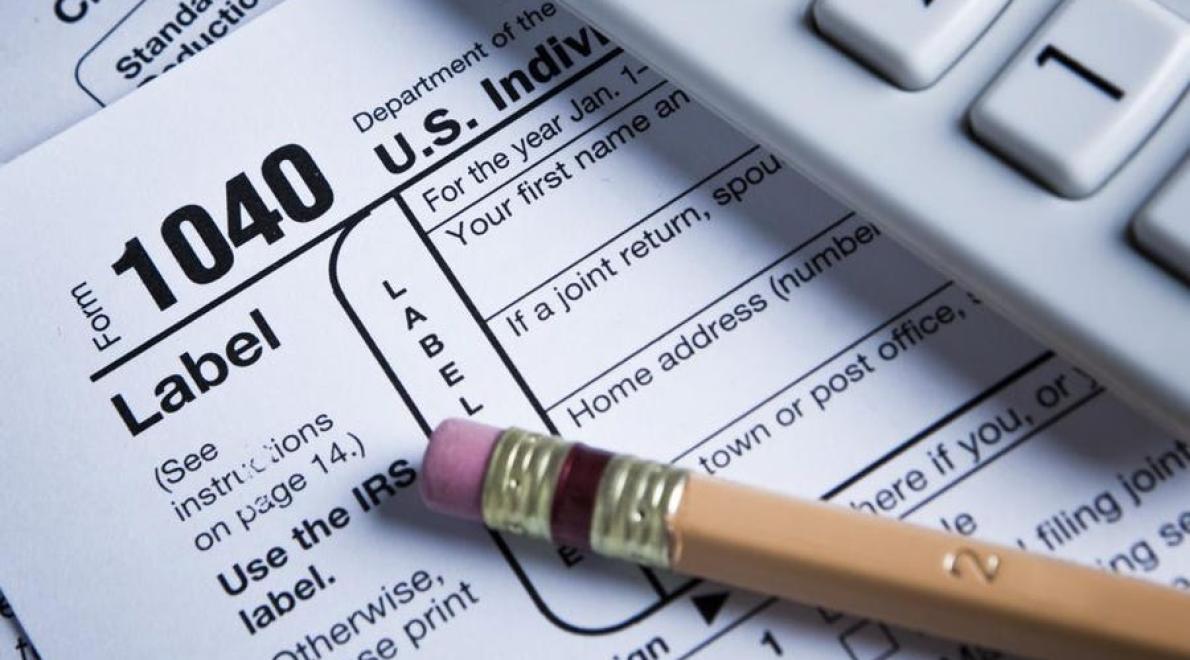The UK is taxing crypto loans in an attempt to regulate the burgeoning industry. The move comes as the government looks to clamp down on money laundering and tax evasion, and follows similar moves by the US and other countries. It is hoped that the move will help to legitimise the industry and attract more mainstream investors.

Crypto loans are a relatively new phenomenon, and as such, there is still some uncertainty around how they should be taxed.
At present, there is no definitive answer as to whether crypto loans should be treated as ordinary loans or as investments. This is because crypto loans are not regulated in the same way as traditional loans, and as such, there is no definitive way of measuring the risk associated with them.
This leaves tax authorities with a difficult decision to make. They can either treat crypto loans as ordinary loans, meaning that the lender will have to pay tax on the interest earned, or they can treat them as investments, meaning that the lender will not have to pay tax on the interest earned.
Currently, it is unclear which approach tax authorities will take. However, as more people start investing in crypto loans, it is likely that they will start treating them as investments. In this scenario, the lender will not have to pay tax on the interest earned, but they will have to pay capital gains tax if they sell the loan later on.
If you are considering investing in a crypto loan, it is important to consult with a tax advisor to ensure that you are fully aware of your tax obligations.
Under the current tax regime, crypto loans are treated as interest-bearing investments. The borrower pays tax on the interest earned, and the lender pays tax on the original capital investment.
The government is considering a number of proposals to reform the taxation of crypto loans. One proposal is to treat crypto loans as ordinary income, subject to standard income tax rates. This would make crypto loans more comparable to traditional loans and could lead to lower rates of tax.
Another proposal is to require crypto lenders to register with HM Revenue and Customs (HMRC). This would allow HMRC to monitor and tax crypto loans in a similar way to traditional loans.
The government is also exploring the possibility of introducing a new tax on crypto assets. This would include a tax on all crypto assets, including digital tokens and blockchain-based assets. This would make it more difficult for individuals to avoid paying tax on their crypto assets.
The government is still considering these proposals and no decision has been made yet.
UK crypto loan taxation is a complex area, with a number of different tax treatments available depending on the specific circumstances. Here are some key points to keep in mind:
Crypto loan contracts are typically treated as financial products, meaning that they will be subject to standard financial product taxation rules. This includes charges for borrowing money, plus any interest rates charged.
If you are the lender, you will also be subject to income tax on the interest you earn. If you are the borrower, you will typically be exempt from income tax on the interest you receive, provided that the loan meets certain criteria (for example, being used to purchase a property).
Crypto loans may also be subject to capital gains tax if you sell the loaned cryptocurrency later on.
There is no specific tax treatment available for crypto loans made using cryptocurrencies themselves - these will be subject to the same financial product taxation rules as any other financial product.
If you have any questions about crypto loan taxation in the UK, please don't hesitate to contact our team at Binance.
Crypto loans are not subject to tax in the UK.

You will need to pay tax on crypto loans in the UK when you receive the loan.
Cryptocurrency loans are not subject to UK income tax. However, interest on cryptocurrency loans is taxable.

There is no definitive answer to this question as the tax laws surrounding crypto loans in the UK are still evolving. However, some basic principles that could be used to calculate your taxes on crypto loans in the UK include:
- Calculate your taxable income from all sources.
- Deduct any expenses that you have incurred in connection with cryptocurrency loans, such as interest payments and taxes.
- Add up your deductible expenses and your taxable income to calculate your tax liability.
- If you are a UK taxpayer, you may have to pay tax on your crypto loan earnings at both the basic and higher income tax rates.
The documents you need to keep for tax purposes depend on the type of crypto loan you have.
If you have a crypto loan that is secured by assets, such as cryptocurrency, you will need to keep records of the value of the assets pledged as security, as well as any interest paid on the loan.
If you have a crypto loan that is not secured by assets, such as a crypto credit line, you will only need to keep records of the principal amount of the loan and any interest paid on the loan.
There are no exemptions or reliefs currently available for crypto loans in the UK.

If you don't pay taxes on crypto loans in the UK, the government can seize your assets.
If you are a crypto trader, you may be subject to capital gains tax on any profits you make from selling your crypto holdings. If you are a crypto lender, you may also be subject to income tax on the interest you receive from lending your crypto. HMRC advises taxpayers to keep proper records of their crypto transactions and loan repayments in order to avoid any potential tax liabilities.